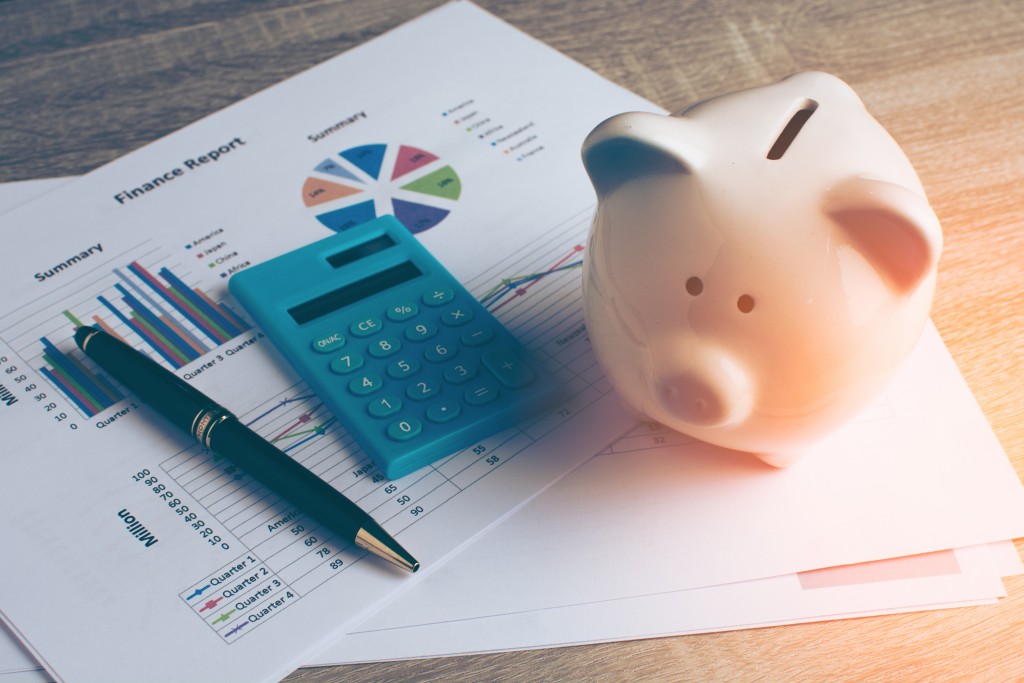Small business owners will do anything just to keep the business running. They take time in hiring and training the right people, purchase their own quality equipment, and invest in the right marketing strategies. But for a business to grow, it needs working capital to unlock growth opportunities. Without enough funds to support the growth, it can be tricky to expand your company’s potential. This is where a small business loan comes in.
A small business loan is perfect for companies that require extra funding. There are many requirements needed to qualify for a small business loan. For one, you will most likely need to have a good personal credit score and business credit to get a lender’s approval.
With a bit of research, you can find out what the minimum requirements your lender of choice needs to grant you the extra funding. You will also need to check if you need collateral to get approved for the loan or not. This is usually dependent on different factors, like the loan type and amount you are borrowing, your creditworthiness, and your lender’s policies.
Why Most Borrowers Need Collateral
Most lenders will require their borrowers to back the loan with collateral. They do this to minimize the risks of lending you the amount you need. Lenders make use of an underwriting process to evaluate your application and check if you are a worthy borrower.
Note that just because your business has a great track record when it comes to borrowing funds and paying off debt, your lender will no longer require you to have collateral. If the amount you are trying to borrow is significantly large, then they might require collateral. This is to protect their business against any losses in case you choose to default your payments.
More often than not, lenders will need you to use an asset that is at least as much as the amount of money you are borrowing. In short, if you are applying for a loan amount of $75,000 for the company, they want your collateral to be at least valued at $75,000 in cash.
While lenders usually accept many forms of collateral, the following are the commonly accepted ones.
Personal assets
Business inventories
Business savings account
Credit card sales or unpaid invoices
Commercial and personal real estate
Any blanket lien or assets listed under your company
Equipment used in your business like machinery, tools, and vehicles
Should Small Business Owners Use Their Home as Collateral?
Small business owners can use their houses as collateral for a small business loan. They do this with the help of home loans. But as with any collateral, there are risks associated with putting your home on the line to secure more business funding.
If you are not careful and you fail to repay your lender, you can end up losing your home. This is why you should always think hard before using your home or any personal asset as collateral. Be realistic about your company’s needs and consider your home’s market value before using it.
For instance, you are borrowing $75,000 for your business and your home’s current market value is at around $150,000, then you are better off using another asset as collateral. It always comes down to what your business needs and how you intend on using the funds.

What You Can Do to Protect Your Home When Using It as a Collateral
If you think your home is the only collateral you can use to get loan approval, it won’t hurt to make the necessary precautions to protect your asset.
Watch out for the warning signs. Some malicious lenders will prompt you to borrow more than what you need, lie on your loan application, fail to provide copies of documents you signed, and pressure you to make monthly payments you can’t realistically afford. Make sure you stay away from such lenders.
Shop around for lenders and compare their rates, terms, fees, payments, and penalties. You will want to entrust your home to a lender who can provide a written Good Faith Estimate containing all the things you need to know and understand.
Don’t be afraid to negotiate. Ask if you don’t understand any term and consult your lawyer. Figure out how much you can realistically afford and ask for all copies of documents you signed.
Getting a Small Business Loan Without a Collateral
If you are quite hesitant about using your home or any asset as collateral, it is possible to find business loans that won’t require you any collateral. But then, such loan types are usually harder to qualify for. Aside from the usually stricter requirements, you are to sign a Uniform Commercial Code statement or a personal guarantee.
A Uniform Commercial Code statement will give the lender a backdoor to attach your business assets if you fail to repay them. A personal guarantee, on another hand, means you, as the debtor, will take all the debts in case your business defaults the payment. This allows lenders to sue you if you don’t pay your small business loan debt.
Small business owners have lots of options when acquiring additional funding to support business growth. This includes tapping on your home equity. Before you use your home or any personal asset as collateral, think about the pros and cons first.











